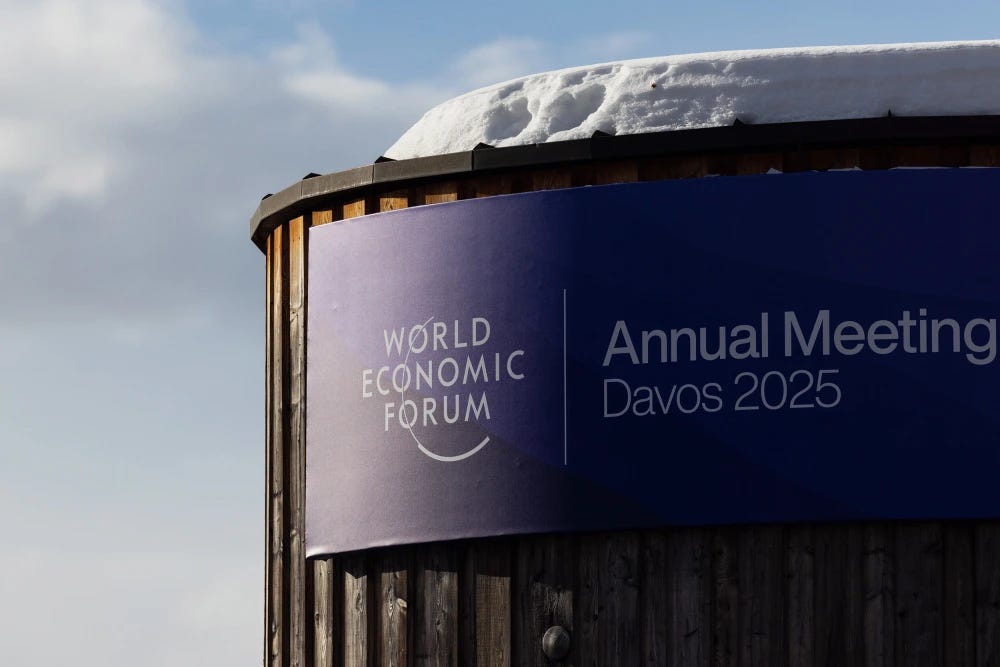World Leaders Who Are Skipping Davos 2025 Send a Powerful Message
The absence of several high-profile leaders at the World Economic Forum highlights shifting global priorities and sentiments.
LONDON — As the annual World Economic Forum (WEF) kicks off in Davos, Switzerland, the gathering of global elites is in full swing, with heads of state, business leaders, and influential figures converging to discuss pressing global issues. However, this year, what is perhaps more notable than the leaders who will attend is the list of high-profile figures who are notably absent.
Key figures such as Indian Prime Minister Narendra Modi, Chinese President Xi Jinping, and French President Emmanuel Macron are among those skipping the event. Additionally, British Prime Minister Keir Starmer and Italian Prime Minister Giorgia Meloni will not be in attendance. From the Group of Seven (G7) nations, only outgoing German Chancellor Olaf Scholz will be present in person.
This absence of top leaders from major global powers reflects broader trends. The WEF, which convenes nearly 3,000 leaders from over 130 countries, describes this year’s event as crucial for fostering dialogue in a world increasingly marked by uncertainty. The event’s theme, “Collaboration for the Intelligent Age,” aims to address topics like reimagining growth, safeguarding the planet, and rebuilding trust. However, not all countries are represented by their most influential leaders.
Jan Aart Scholte, a professor of global transformations at Leiden University, highlighted the absence of key players, pointing out that, “The leaders of Brazil, China, India, and others who delivered keynote speeches in the past are not there now. Russia has not been welcome for some years, and leaders like Keir Starmer and Macron are also missing.” He noted that this reflects a shift in how major nations engage with such forums.
While the WEF continues to emphasize its mission to offer a platform for diverse global voices, some leaders have opted out due to domestic challenges or broader skepticism of such elite gatherings. Economic slowdowns, political crises, and the perception that the WEF represents a disconnected, elitist viewpoint may have contributed to the reluctance to attend.
Nevertheless, the forum insists that its impact is not diminished by these absences. A WEF spokesperson stated, "The absence of some leaders does not lessen our commitment to global engagement. The collective efforts of a broad community will continue to drive meaningful action on the challenges that matter most."
Despite the high-profile absentees, several significant leaders will still speak at the summit. Among them are Ukrainian President Volodymyr Zelenskyy, Argentine Prime Minister Javier Milei, and South African President Cyril Ramaphosa. Additionally, officials from global organizations like the IMF, WHO, and WTO will attend.
Sven Smit of McKinsey & Company noted that this year’s discussions will likely focus on growth, sustainability, and other key issues, with much attention given to the leaders who are present. However, the absence of major figures like Trump, Xi, and Modi suggests that the WEF’s role in global governance is evolving.
As global politics shifts, WEF organizers acknowledge the growing complexity of engaging with leaders and institutions in a changing world. Despite critiques of globalization, the forum remains a key venue for business and political leaders to shape global policy, even if some of the most influential figures choose to stay home.


